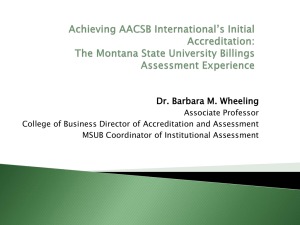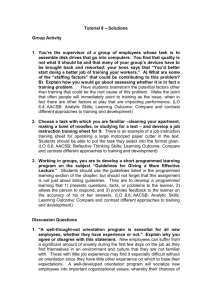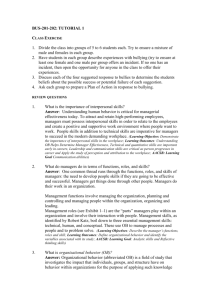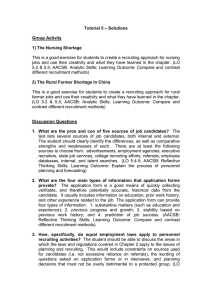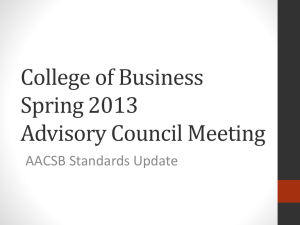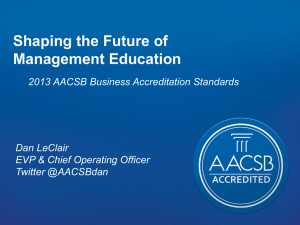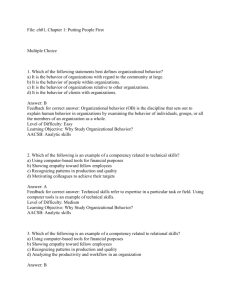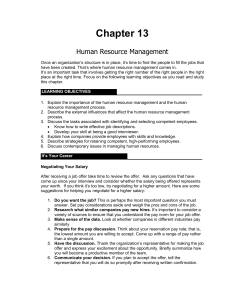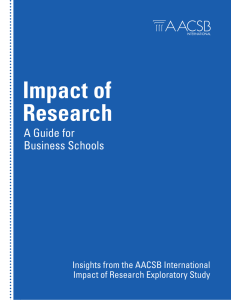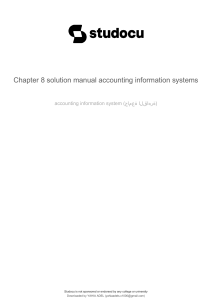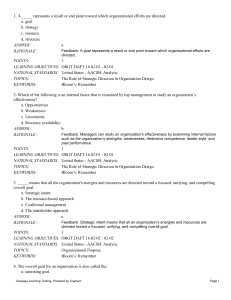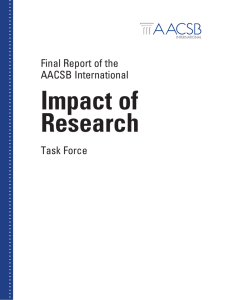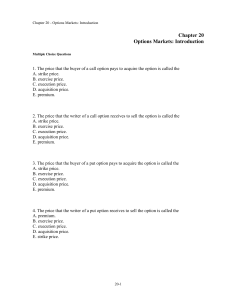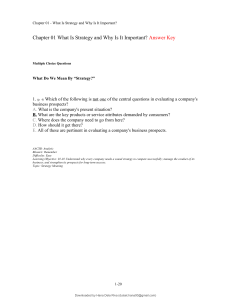T17-Solutions
advertisement
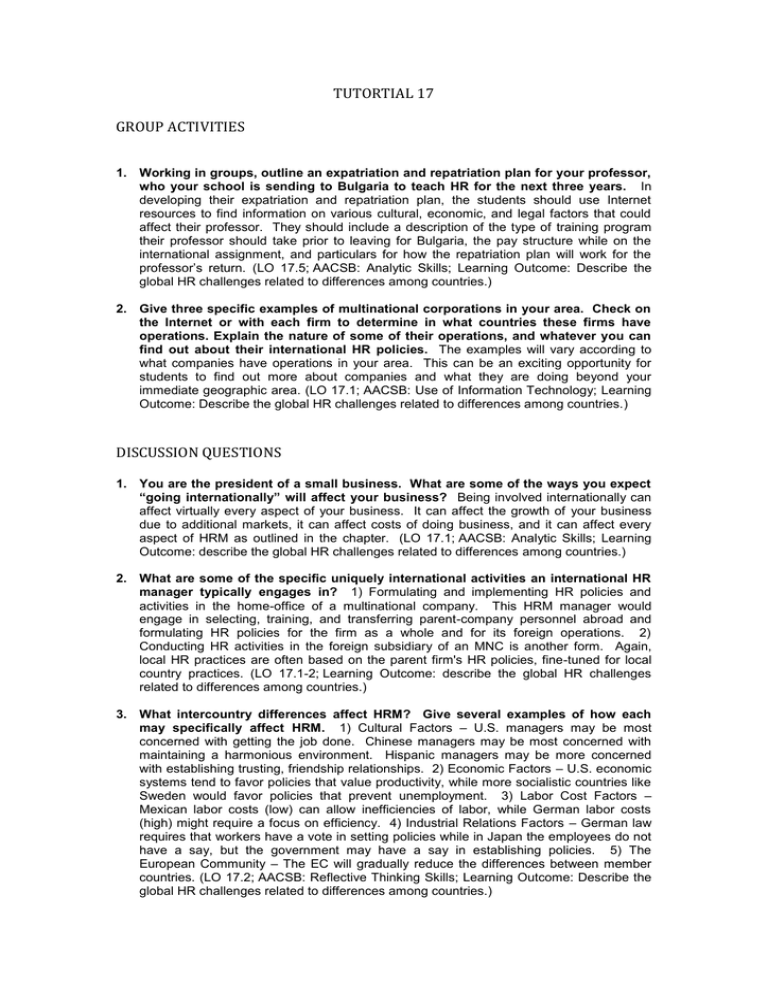
TUTORTIAL 17 GROUP ACTIVITIES 1. Working in groups, outline an expatriation and repatriation plan for your professor, who your school is sending to Bulgaria to teach HR for the next three years. In developing their expatriation and repatriation plan, the students should use Internet resources to find information on various cultural, economic, and legal factors that could affect their professor. They should include a description of the type of training program their professor should take prior to leaving for Bulgaria, the pay structure while on the international assignment, and particulars for how the repatriation plan will work for the professor’s return. (LO 17.5; AACSB: Analytic Skills; Learning Outcome: Describe the global HR challenges related to differences among countries.) 2. Give three specific examples of multinational corporations in your area. Check on the Internet or with each firm to determine in what countries these firms have operations. Explain the nature of some of their operations, and whatever you can find out about their international HR policies. The examples will vary according to what companies have operations in your area. This can be an exciting opportunity for students to find out more about companies and what they are doing beyond your immediate geographic area. (LO 17.1; AACSB: Use of Information Technology; Learning Outcome: Describe the global HR challenges related to differences among countries.) DISCUSSION QUESTIONS 1. You are the president of a small business. What are some of the ways you expect “going internationally” will affect your business? Being involved internationally can affect virtually every aspect of your business. It can affect the growth of your business due to additional markets, it can affect costs of doing business, and it can affect every aspect of HRM as outlined in the chapter. (LO 17.1; AACSB: Analytic Skills; Learning Outcome: describe the global HR challenges related to differences among countries.) 2. What are some of the specific uniquely international activities an international HR manager typically engages in? 1) Formulating and implementing HR policies and activities in the home-office of a multinational company. This HRM manager would engage in selecting, training, and transferring parent-company personnel abroad and formulating HR policies for the firm as a whole and for its foreign operations. 2) Conducting HR activities in the foreign subsidiary of an MNC is another form. Again, local HR practices are often based on the parent firm's HR policies, fine-tuned for local country practices. (LO 17.1-2; Learning Outcome: describe the global HR challenges related to differences among countries.) 3. What intercountry differences affect HRM? Give several examples of how each may specifically affect HRM. 1) Cultural Factors – U.S. managers may be most concerned with getting the job done. Chinese managers may be most concerned with maintaining a harmonious environment. Hispanic managers may be more concerned with establishing trusting, friendship relationships. 2) Economic Factors – U.S. economic systems tend to favor policies that value productivity, while more socialistic countries like Sweden would favor policies that prevent unemployment. 3) Labor Cost Factors – Mexican labor costs (low) can allow inefficiencies of labor, while German labor costs (high) might require a focus on efficiency. 4) Industrial Relations Factors – German law requires that workers have a vote in setting policies while in Japan the employees do not have a say, but the government may have a say in establishing policies. 5) The European Community – The EC will gradually reduce the differences between member countries. (LO 17.2; AACSB: Reflective Thinking Skills; Learning Outcome: Describe the global HR challenges related to differences among countries.) 4. You are the HR manager of a firm that is about to send its first employees overseas to staff a new subsidiary. Your boss, the president, asks you why such assignments fail, and what you plan to do to avoid such failures. How do you respond? Estimates say that 20% to 25% of all overseas assignments fail. Reasons include spouse’s inability to adjust, managers' inability to adjust, other family problems, and managers' inability to cope with responsibility. We will need to select a manager that displays adaptability and flexibility, cultural toughness, self-orientation, others-orientation, perceptual ability, and who has a family with adaptability. (LO 17.1; AACSB: Multicultural and diversity understanding; Learning Outcome: Describe the global HR challenges related to differences among countries.) 5. What special training do overseas candidates need? In what ways is such training similar to and different from traditional diversity training? It is suggested that a fourstep training approach be taken: 1) training focused on the impact of cultural differences and their impact on business outcomes; 2) training focused on attitudes that are aimed at getting participants to understand how attitudes (both positive and negative) are formed and how they influence behavior; 3) training focused on factual knowledge about the target country; and 4) skill building in areas like language, adjustment, and adaptation skills. This training is different from traditional diversity training in the last two steps, which are not normally part of diversity training. In addition, traditional training and development is needed as with any other manager. (LO 17.4; Learning Outcome: Describe the global HR challenges related to differences among countries.) 6. How does appraising an expatriate's performance differ from appraising that of a home-office manager? How would you avoid some of the unique problems of appraising the expatriate's performance? A major difficulty is: Who actually appraises the performance? (Cultural differences could affect it.) There are five suggestions: 1) Stipulate the assignment's difficulty level; 2) Weight the evaluation towards the on-site manager's appraisal; 3) Have a former expatriate advise the home-site manager in his or her evaluation; 4) Modify the normal performance criteria to fit the position and characteristics of the locale; 5) Attempt to give credit for insights, not just measurable criteria. (LO 17.4; AACSB: Analytic Skills; Learning Outcome: Describe the global HR challenges related to differences among countries.) 7. As an HR manager, what program would you establish to reduce repatriation problems of returning expatriates and their families? The programs listed in the chapter give a good summarization of the types of programs and activities that should be established to assure a smooth repatriation. (LO 17.5; AACSB: Multicultural and diversity understanding; Learning Outcome: Describe the global HR challenges related to differences among countries.)
